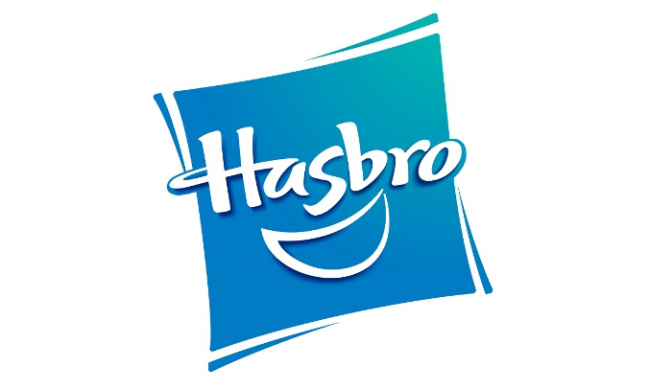What that table tells me is that ownership is so distributed that no single shareholder is likely to be calling the shots. The top 10 shareholders between them don't even own 40% of the shares, they couldn't pass a binding AGM motion between them even if they all did agree unanimously on something.
That tells me it's more likely the board who's running the show. They'll largely be self-selected. When a board seat opens up, they'll select a suggested replacement (who'll inevitably be someone who thinks the same as the incumbents, perhaps in collaboration with major shareholders) and place their name before the shareholders, who will almost certainly approve the nomination barring extreme circumstances (if you're on a board and the shareholders knock back your board nomination, it's time to start thinking about your career options). Given Vanguard is at 11% ownership they probably have one of their people on the board, but that'd be about all.
Disclaimer: i worked at Vanguard up until quite recently. My job was in IT rather than investment, so I can't really have an opinion on their investment management strategies since I know very little about them.



